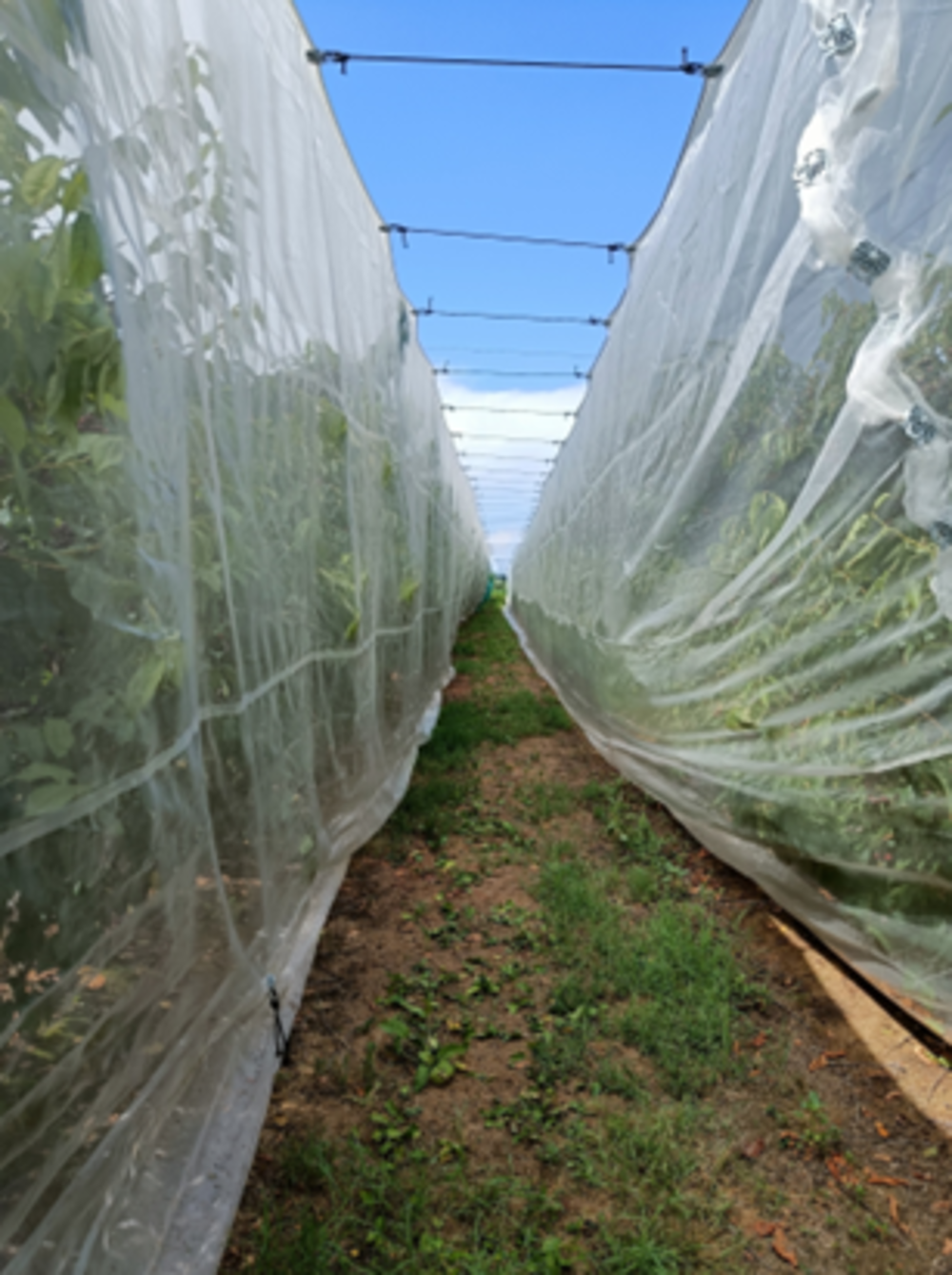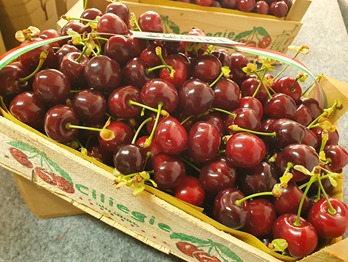The company Vivai Spinelli has established itself in the sector with a long tradition of complete management of the production cycle, from the initial propagation phase to the distribution of mature plants on the market. It boasts a diversified assortment that includes a wide range of ready-made fruit plants and rootstocks, available in numerous combinations and variants. Vito Spinelli spoke for Cherry Times.
You are a nursery specialising in the production of fruit trees. In the cherry tree you have invested a lot in recent years, both in updating the variety offer and also in the choice of rootstocks other than Megaleppo. Which cultivar/ rootstock proposals have you invested in?
Since we are a nursery company that was historically born in a southern environment, such as that of Apulia, we started with historical varieties and rootstocks rooted in this territory. Over the years we have had an expansion of customers, from the north to the south of Italy. Precisely for this reason we had to readjust our offer, proposing a product dedicated to the needs and characteristics of different customers and territories.
As far as rootstocks are concerned, if we are talking about traditional planting patterns, we have focused on Prunus Mahaleb 'Magaleppo'. If, on the other hand, we have to guarantee more intensive systems, we have favoured dwarfing rootstocks such as Colt and Gisela 6. On our side, we are also working and counting on partnerships with other nurseries to propose new rootstocks that can favour high intensity.
We as a Spinelli company have followed the Sweet series and the idea of innovation undertaken by the University of Bologna from the very beginning. We feel we can say that it is a winning project and is destined to remain so, and we could mention all the varieties because they fully meet the market's standards.
Not to mention that these are varieties with high productivity. For other contexts, however, we can mention Royal Tioga for southern territories, favoured by the earliness of the markets. If we then focus on the late segment, we can talk about Regina and Kordia.
The Ferrovia cultivar, undoubtedly among the best and tastiest on the market, is still highly sought after. Today, however, we need a cherry that is good but attractive due to the large calibre that cannot be guaranteed with Ferrovia.
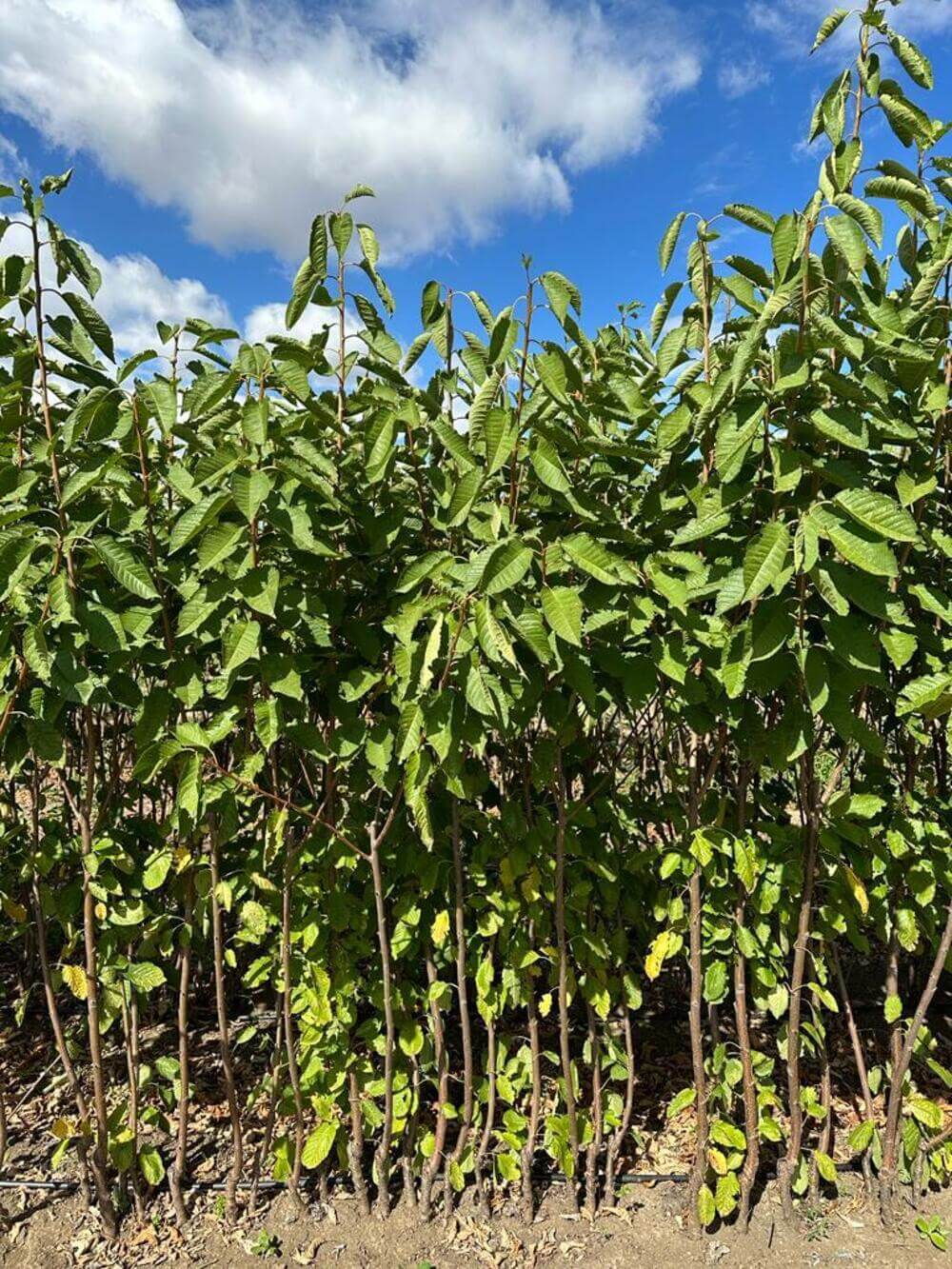
New areas of cherry production are moving from traditional areas (e.g. Italy, Spain) to new areas (e.g. Uzbekistan, Azerbaijan etc.). How important do you think it is to think in a global context?
The uniqueness of the Italian product must be enhanced by a market organisation that makes the brand strong. If we strengthen the fabric that underpins production, we will be able to have a product on the market that sets us in sharp contrast to foreign products. This would allow us to offer a unique and different product in any type of market.
As far as we are concerned, we operate to a large extent, around 85-90%, on the Italian market. The slice of the foreign market that we cover is often linked to programming and specific requests. We strive to produce dedicated plants for specific areas. Remembering how outside the European context we have to cope with the directives related to breeder's rights, thus making our product clearly more attractive for the Italian and EU market.
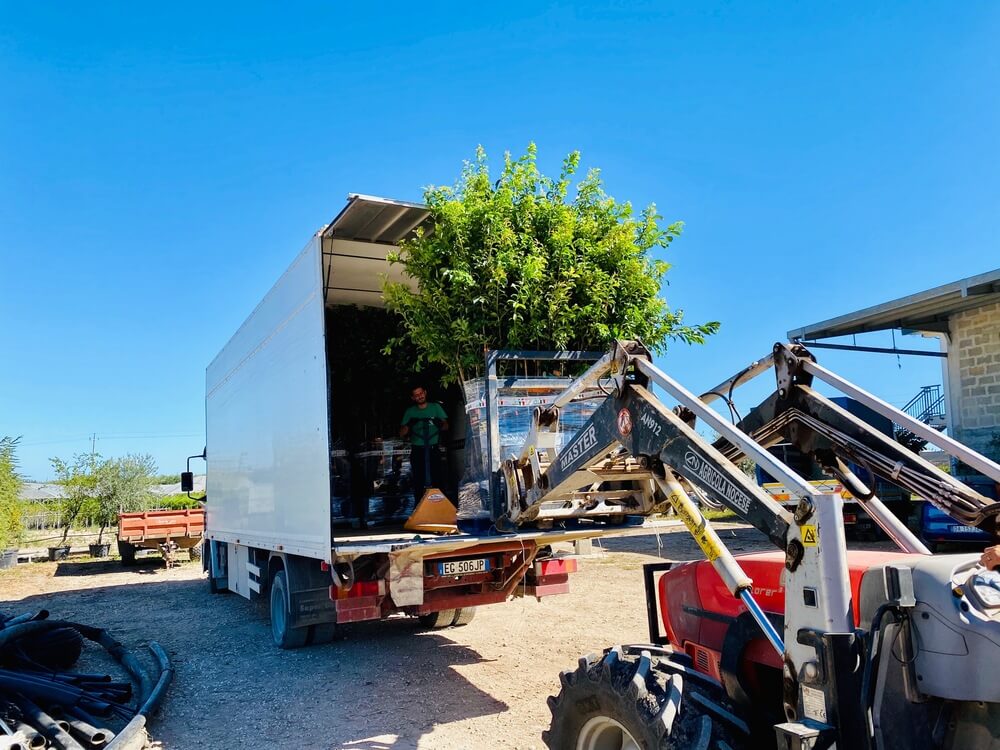
The production costs of nursery plants in Italy are rather high. Many nursery companies (e.g. in Greece or Turkey) manage to produce at lower costs. Very often also illegally, by offering patent-protected varieties and rootstocks without any licence to do so and without any certified guarantee. How could this piracy be curbed?
Generally speaking, we must try to engage in a more general discourse, which starts with all nurserymen in the sector. We nurseries that produce large volumes should work to discourage this kind of disloyalty, which often also comes from foreign countries, not just Italy. However, if we invest time and resources, we must be aware, and above all coordinated with other figures in the sector, such as breeders. By working in this way, I believe it is possible to discourage this phenomenon.
Genetic and health guarantees are essential to offer the fruit grower a high quality and fully traceable product. In Italy, with the QVI certification mark, we are the leader in Europe. Does your nursery participate in this project?
Our company is a member of the QVI. In Apulia we are still part of COVIP, the Apulian nursery consortium. We must also say, however, that doing voluntary certification today compared to years ago has a cost. And this cost is not always passed on to the producer.
We are therefore talking about a fixed cost that we individual companies have to spread over the work we do on a daily basis. We strive to produce plants that are within these standards. Having varieties at our disposal, working with breeders, we start from a source that is always certain, and for us this is a must.
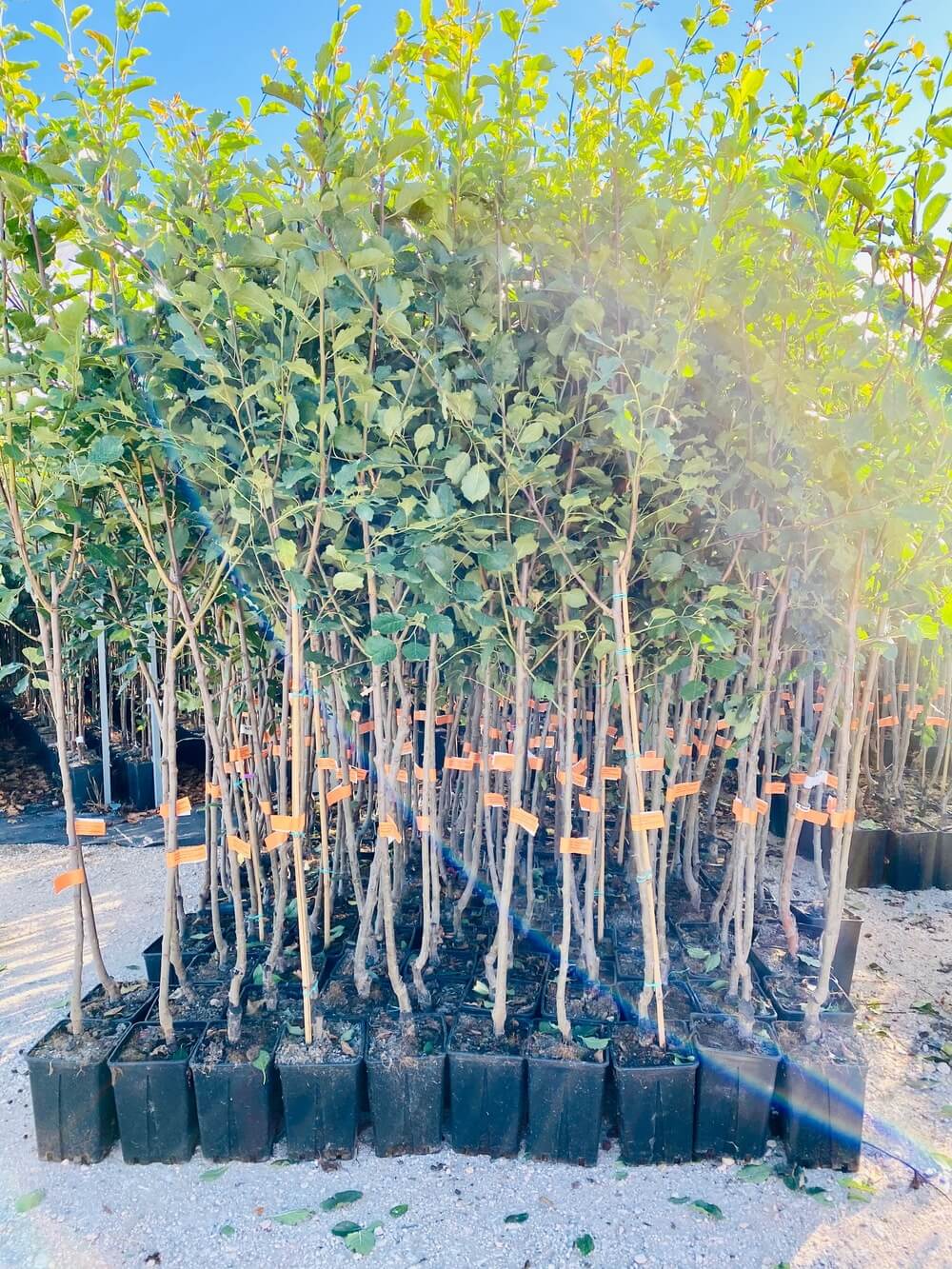
Cherry Times - All rights reserved








